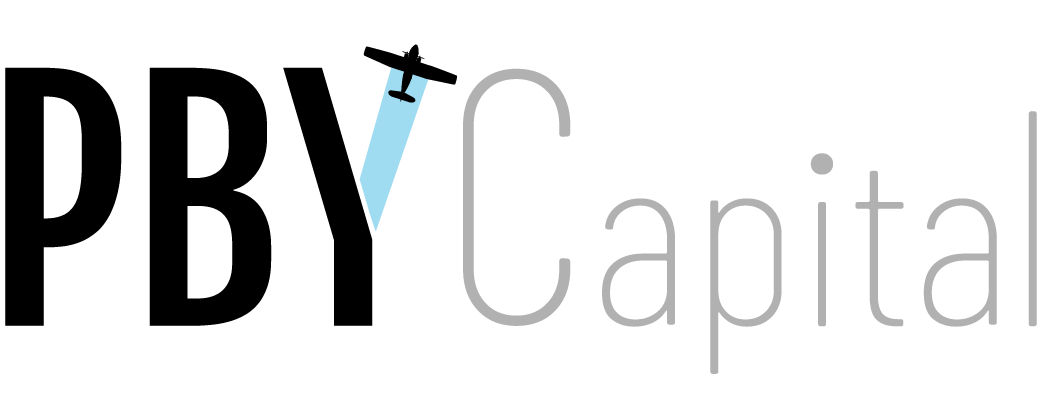Feeling grateful and generous? Charity still needs hard-nosed due diligence
Both charities and donors need to do their research to really make a lasting legacy. Here are five steps to consider

Article content
Thanksgiving time often brings to mind how grateful we are for what we have, and also how to help others.
In addition to their mission, those who run foundations and other philanthropic endeavours, as well as those who are supporters and patrons, have another role.
High-level philanthropy requires more and more scrutiny from donors of the charities they support, and from the organizations of the donors whose generosity they seek. Here are some steps for both sides to consider:
1. Who is giving and who is receiving?
Philanthropists and their advisors should look closely at the receiving organizations – their financial records, their management and directors, their values and their track record. How well does the charity’s work align with its goals for helping people?
2. Look for red flags
Charities may be grateful when donors approach, but they should still look closely at the size of the donation, how well they know the individual, whether the individual is from a high-risk country or sector, and whether there are any possible issues, such as a criminal conviction (even if it is a regulatory transgression), or negative media coverage. A bad selfie can do untold damage. One way to do this research is to commission an external due diligence report.
3. Consider tax and legal implications
Donors should understand the tax implications of how they donate, whether it is a straight gift, an annual legacy, or through a more complex donation such as flow-through shares, which can boost tax advantages for the giver. Charities need to consider the tax and legal side, too, to make sure the gift is consistent with their organization’s goals and values.
4. Take your time
There should be no rush to get the donation done — it should be done right. Make sure the gift agreement reflects what both sides really want. Experienced fundraisers know that it can take years to secure a major legacy, and there is often a reason for this: Both the donor and the organization want the gift to make a lasting difference.
5. Understand research and research tools
There are time when it is important to engage objective, third-party due diligence researchers, but it is also important to initiate this research in-house. Having staff dedicated to due diligence is important because it keeps the organization aware of the need to take this research seriously; at the same time, good in-house researchers will realize when they need to go outside for more help.
SOURCES: WEALTH-X, Ryan Fraser, Arundel Gibson (KPMG), Eva Khabas C.P.A.
